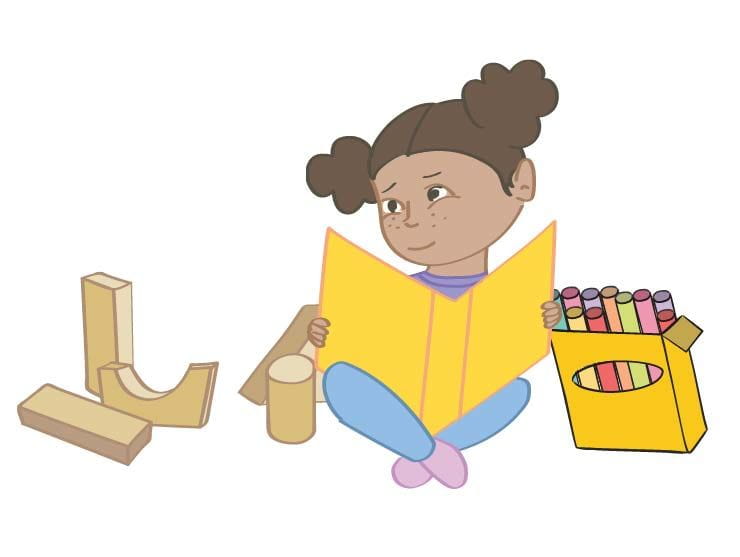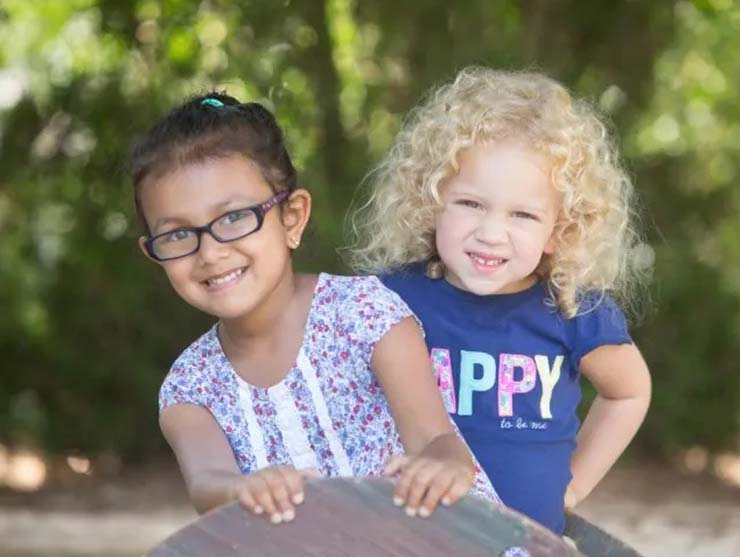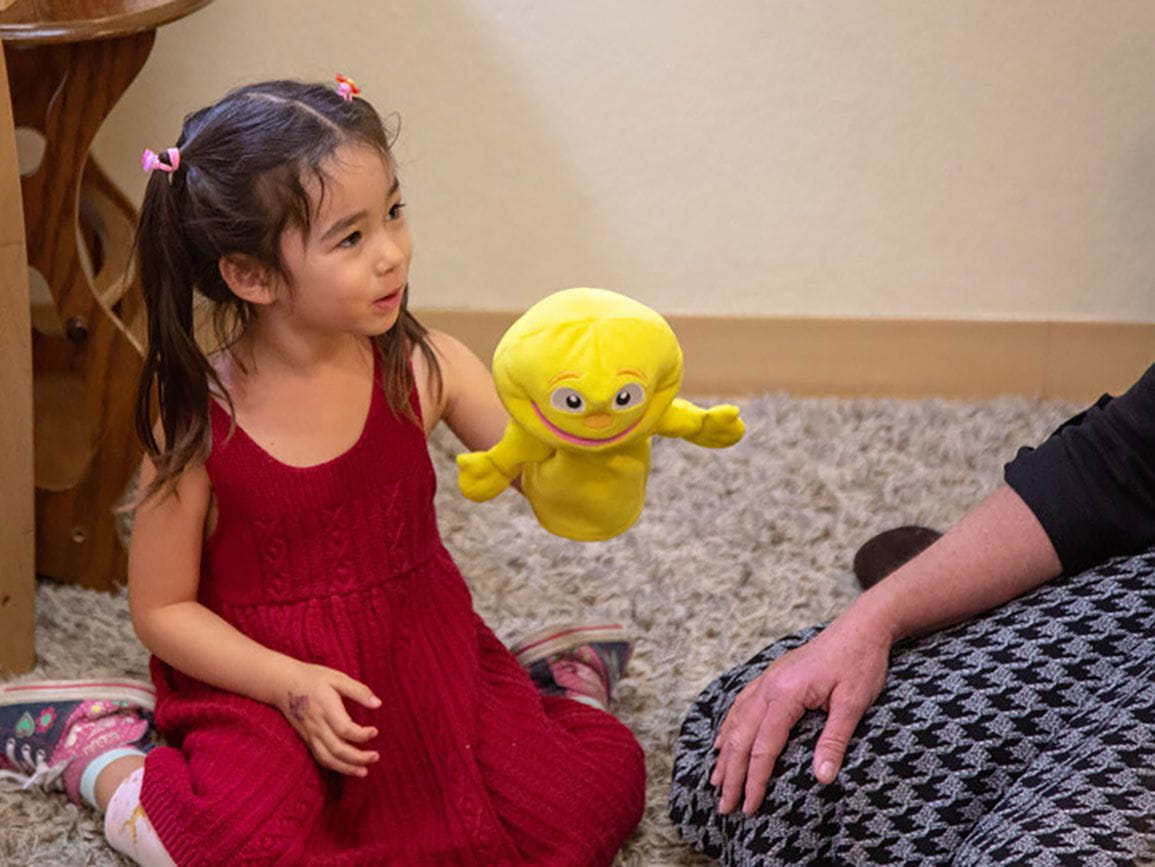Caring and cooperation are positive behaviors we'd all like to see in our children; however, very young children tend to be egocentric which means they see themselves at the center of their world. As they grow, children start to develop social awareness and learn to care more about other people and their feelings, reactions and perspectives.
As young children build relationships, they learn how their words and actions affect others. They come to understand that what they say and do can make people feel good or make people feel sad. If children see thoughtfulness and cooperation modeled, they learn to collaborate, practice kindness, and do things for others.
Tips to Help Children Learn to Care and Cooperate
- Acknowledge that child development is a journey and give choices. Set reasonable expectations for cooperation for your child. Some young children are able to wait patiently while you help a neighbor; for others, that might be a challenge. Some young children might want to draw a picture on a card for a friend's birthday, while others might prefer to give a hug.
- Talk with children about their feelings. Teach them words that identify emotions to help children build emotional intelligence. Children need to be aware of their own emotions before they can empathize with and respond to someone else's. Ask children how they feel about different situations. Talk about real life scenarios and discuss possible choices. Ask questions that require a child to take another's perspective, "How do you think he felt when he fell down?" Read children's books about people cooperating, demonstrating kindness, and helping others and discuss while reading together.
- Validate caring behaviors when they occur. "It was very kind of you to help Stewart when he fell out of the wagon." Or, "Thank you for helping me put the groceries away."
- Empower children by eliciting their ideas and suggestions about a situation. If another child at school is experiencing difficulties or challenging behavior, ask your child questions to extend his understanding of what transpired. Teaching them to care is a great way to help children learn how to build meaningful friendships. "How do you think that child is feeling?" "What do you think you can do to help?"
- Explain situations and expectations beforehand. "Aunt Trudy is coming to visit. It would make her feel so happy if each of us say 'hi,' smile at her or give her a hug when she arrives. What else do you think we can do to help her feel happy?"
- Volunteer as a family. There are many meaningful ways for families to help brighten the lives of people in need. Get involved with organizations such as The Bright Horizons Foundation for Children, and learn about ways that your family can contribute toward the well-being of others.
Above all, model the values we want our children to learn. We parents are the first and most important teachers for our children. None of us is perfect but we can all be thoughtful and make concern for others part of our family culture. Be it delivering meals to people in need, donating toys and books, reaching out to someone new, or expressing gratitude, we can all guide our children to create a more compassionate world.
More on Teaching Children Compassion
- Find more parenting tips and ideas to help nurture empathy and compassion in children.
- Share and get tips for teaching siblings to be kind to each other on our Family Room Blog.
- Find ideas for family volunteering and ideas for teaching children to help others in need.
- Discover an easy way for toddlers and preschoolers to use art to help kids in need in this video.
- Tips for helping kids develop skills to respond to and prevent bullying during play time.





